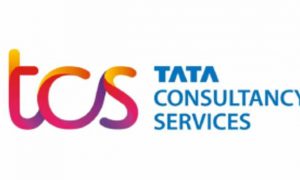Separate disclosure of each source of income shall have to be made in the ITR Form, whether or not you choose to be governed by the new regime of taxation.
By Chirag Nangia
I am a student and do trading in shares and have earned short term gains. I also have income from bank interest and dividends. Which ITR should I file?
—Arushi
Since you have been trading in shares, the resultant income must be offered to tax under head ‘profits and gains from business and profession’ in ITR Form 3, for assessment year 2021-22. Alternatively, if turnover from share trading is less than `2 crore, then income may be offered to tax on presumptive basis, at the rate of 6% of turnover (or 8% of turnover, if electronic clearing system is not used). In this case, a simpler form- ITR 4, may be used. Interest income and dividend income shall have to be disclosed in Schedule OS, (i.e. income from other sources) in the respective ITR Form.
Separate disclosure of each source of income shall have to be made in the ITR Form, whether or not you choose to be governed by the new regime of taxation. The alternative new tax regime offers six slabs with low tax rates, if taxpayers forgo a set of exemptions and deductions available under income tax laws (including LTC, HRA, standard deduction, deduction under chapter VI A, etc.). You may choose to exercise the more beneficial option at the time of filing of the return of income.
Read more:Know how you should show bank FD interest in your ITR to avoid income tax notice
Do NRE deposits need to file income tax returns?
—S Rajesh Babu
For individuals qualifying as persons resident outside India as per the Foreign Exchange Management Act (i.e. persons primarily residing in India for less than 182 days during the course of the preceding financial year) or persons who have been permitted by the Reserve Bank of India to maintain NRE account, the interest earned on Non-Resident External (NRE) Deposit account in India is exempt from tax as per the Income Tax Act.
A non-resident is required to file an Income Tax Return only if his total income, from all sources (after giving effect to exemption in respect of income from NRE account) exceeds maximum amount not chargeable to tax (i.e. Rs 2.5 lakh). That being the case, you shall have to file an ITR and disclose the income from NRE account in Schedule EI of the ITR Form. However, if your income comprises only income from NRE deposits in India, you need not file an ITR.





































